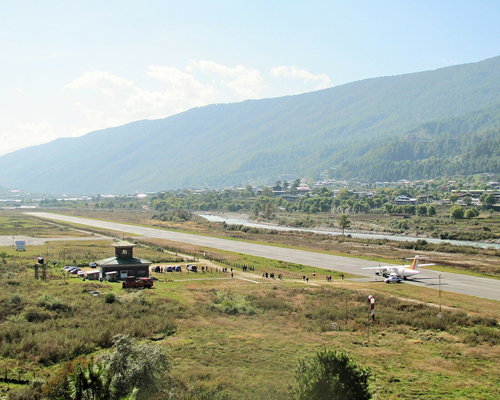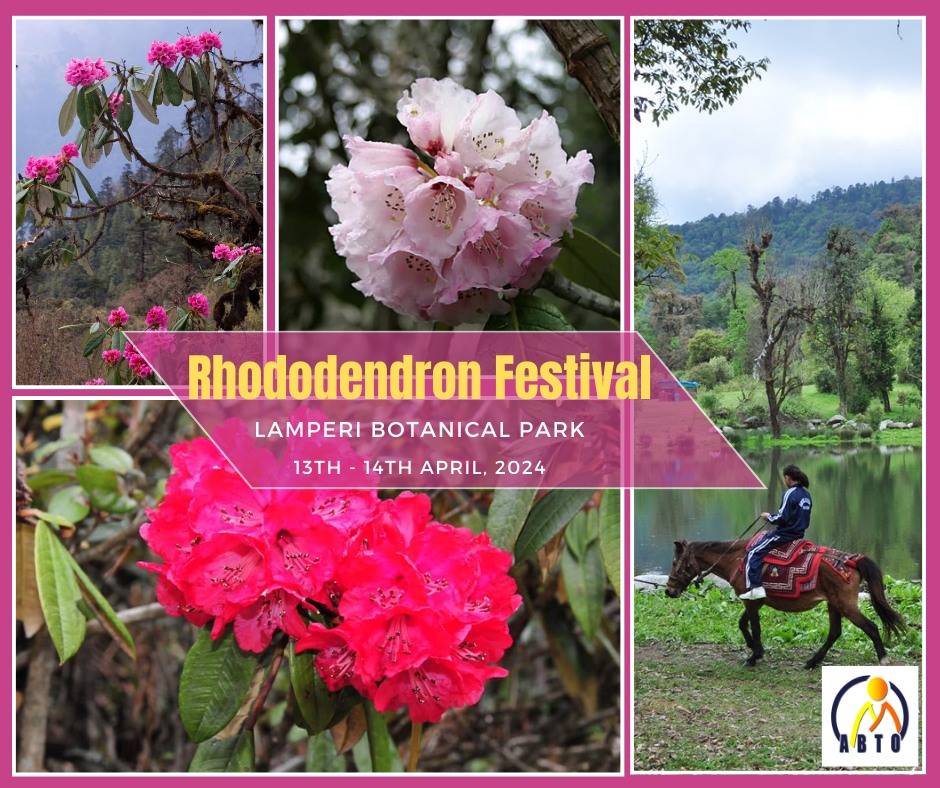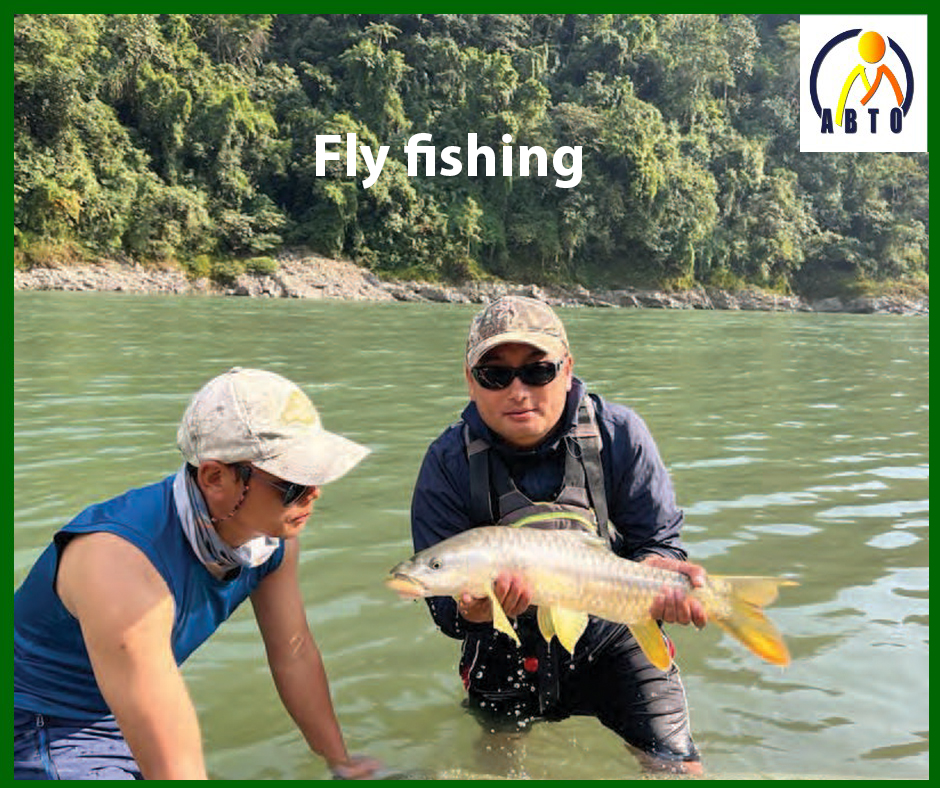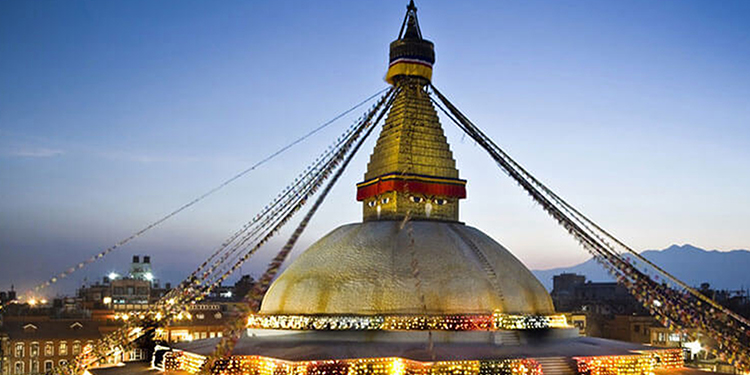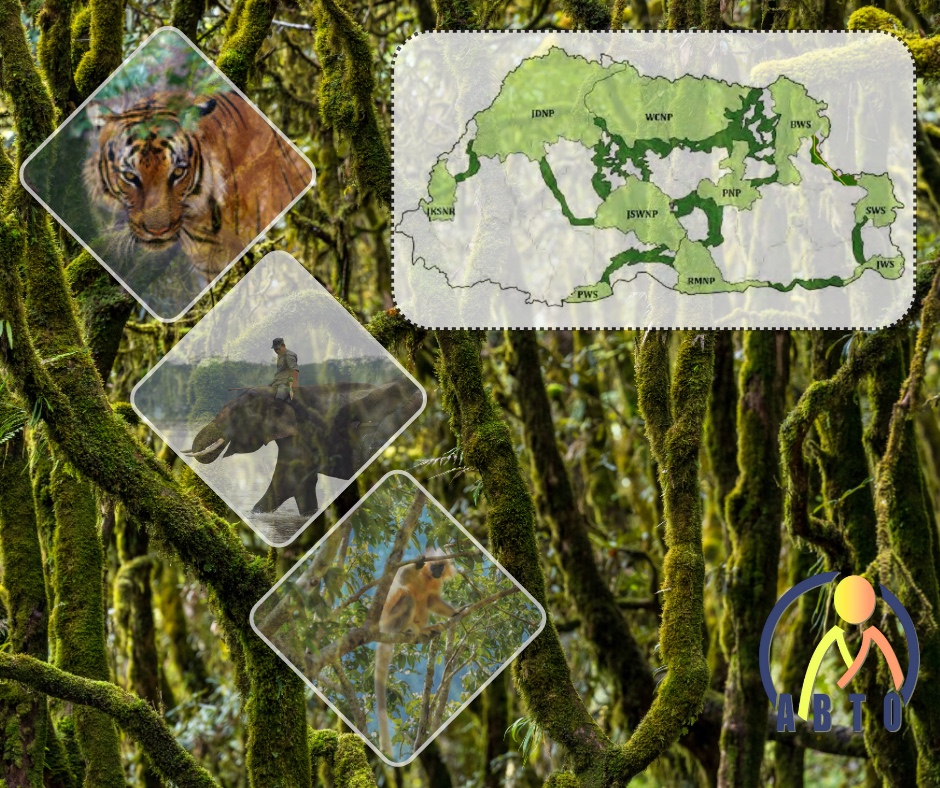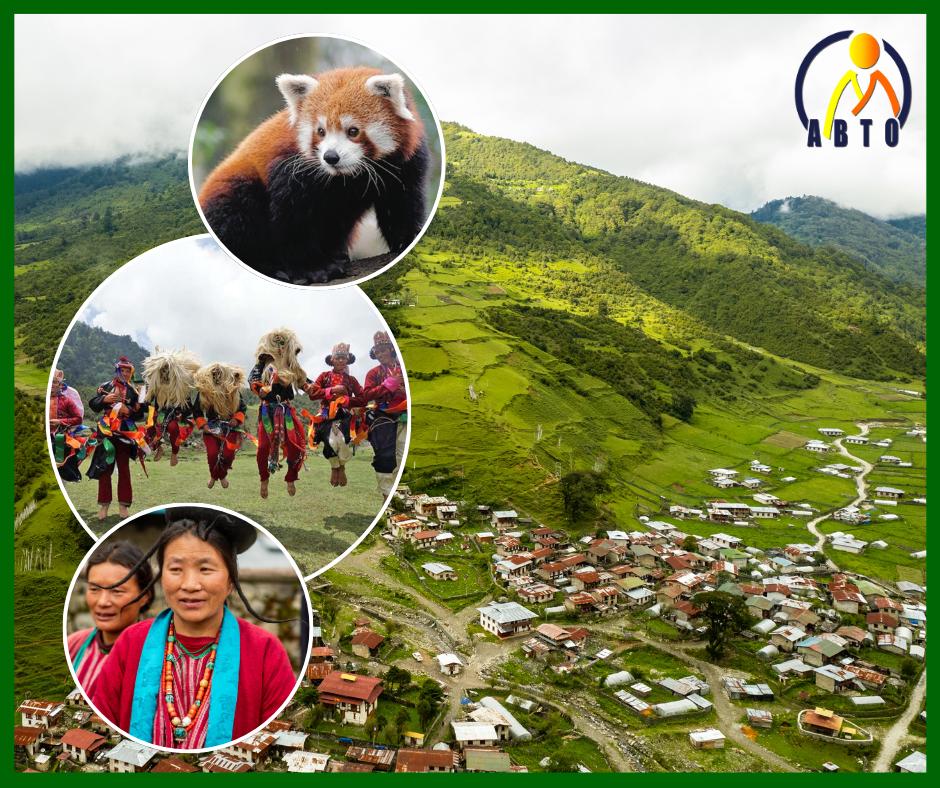Tour Operators in Operation
Bhutan tourism started in 1974 as a government venture with all-inclusive package of US$ 130 per person per night.
Bhutan tourism started in 1974 as a government venture with all-inclusive package of US$ 130 per person per night. The country then pursued high value low volume tourism, the far-sighted vision. Unlike other industry, tourism is a highly private sector driven considering its nature and mode of operation. Hence, government started handholding private sector with the creation of Bhutan Tourism Corporation (1982), privatization with 33 tour operators (1991) and liberalization of tour operation licenses (1998).
Tour operators are the key contributing player in the success of the tourism industry. They are the professional brain behind the beauty of the vacation. Tourists count on tour operators to turn their dream vacations into realities. It is the tour operators who provide bang for the buck as they spend sufficient amount of time, efforts and related resources to creating the need-based high quality tour packages and pricing that are environmental, cultural, social & policy friendly and are acceptable to the world’s best interest. These packages coupled with quality services and promising travel logistics are promoted as dream to realize the ultimate safe and enjoyable global travel experiences. Thus, tour operators are the custodian of national wealth, country’s brand bandwagon and above all the creator of memories to last a lifetime of a tourist.
The role of tour operators in the developing economies including Bhutan is significant and tantamount. Their existence itself is symbolic to employment and revenue generation besides shouldering good governance responsibility contributing to nation building. The understanding of supply chain management (SCM) and chain of distribution are vital in understanding how tour operators work with other sectors of the tourism industry. Any missing link within SCM and chain of distribution may create a deadlock and quick venturing into a new tourism landscape without proper thinking and research may hard hit the visionary policy of high value low volume and sustainable tourism development objective of Bhutan.
The way forward is the technology and globalization that continue to reshape development and business models across all sectors, creating new jobs, avenues for new business, transitioning towards digitalisation, thus disposing of old methods of doing things at a greater pace. Policy makers involved need to be aware of such global needs/challenges and with a right mind set and a holistic approach may initiate strategic tourism policy adjustment considering long-term development goals. Any kind of quick fixes in resolving these challenges in dealing with short term issues without a long-term goal are not likely to succeed. Such an approach is likely to lead to a more conflicting outcomes resulting possibly from the rising popularity and protectionism, which will eventually benefit no one. The policy makers have to rethink tourism development strategies, approaches and target goals considering the past, present and future of tourism, which are intimately connected to our national objective of “Self-Reliance” under the overarching development philosophy of “Gross National Happiness (GNH)” promulgate by our visionary Monarchs, the exemplary leaders.

